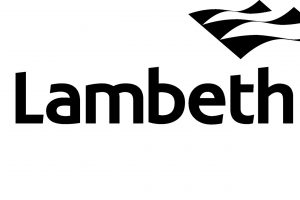This practical course develops your listening skills through sight-singing and aural dictation. Learn how to accurately notate rhythm and melody by ear, and gain a deeper understanding of the building blocks of music.
Aural Training and Musicianship 1A
When & Where
-
18 September 2024 - 4 December 2024 ( 16.5 hours, 11 weeks )
- Afternoon, Wednesday
-
View course timetable
-
Waterloo Centre
Quick Facts
- Availability Yes
- Course Code W24CCLB07A
- Suitable For 19 year olds and up are permitted on this course
What you will learn
Learning Outcomes
By the end of this course, you will be able to:
- Sight-sing melodies using relative solfa (moveable 'do')
- Gain familiarity with pentatonic and diatonic scales
- Differentiate major and minor tonalities
- Identify the time signature and rhythm in a melody
- Memorise and transcribe simple melodies
Cost
Class format and activities
Lots of practical exercises involving listening, singing, clapping and writing down what you hear. You will need to follow and contribute to discussions in English. Music Study can include the use of digital resources such as listening to recordings, watching videos online, using appropriate mobile applications and following Moodle -Morley's virtual learning environment- to enhance your learning inside and outside the classroom. Music study also offers a range of benefits including being an enjoyable way to enhance wellbeing. Music practice at Morley can also serve to enhance skills relevant for employment including developing creativity, developing high-concentration levels, building self-confidence, working to deadlines, being able to control nerves and working as part of a team.
Entry requirements
Enthusiasm to develop your aural skills, ability to pitch notes with your voice, and some basic knowledge of music theory.
What you need to know before you enrol
Achievement on your course will be measured by whether you meet the learning outcomes above. Your progress towards achieving the learning outcomes will be reviewed throughout the course. At the start of the course you will have an opportunity to discuss these with your tutor and set your own personal targets, linked to the learning outcomes and future goals i.e.: progression to another course. Excellent attendance and punctuality is required from all students. This course requires study/completion of activities outside of class time.
What you need
Manuscript paper and a pencil. Extra materials will be provided by the tutor.









